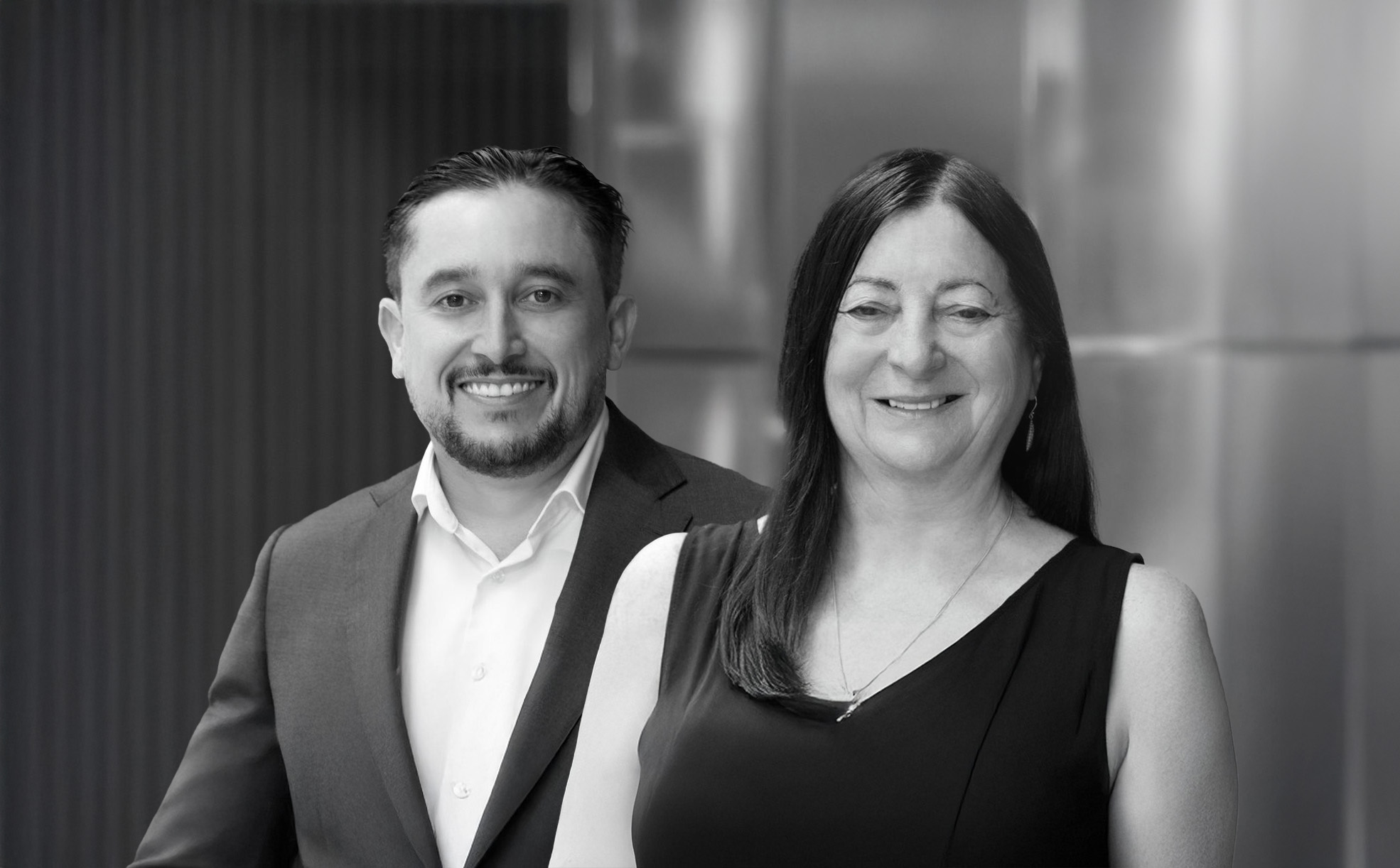The term ‘diversity’, when applied to the workplace, refers to what makes us different. And a recent report by Property NSW has described how diversity of background is a driver for success in the property sector. So how does a focus on diversifying your staff help with growth for your real estate business?
Not only does diversity improve decision-making processes within an organisation (due to a result of different experiences and backgrounds) but also, it helps the business to reach a broader customer base, relating to diverse tastes and preferences.
With Australia’s population being one of the most culturally and linguistically diverse in the world (more than 67% of respondents to the 2011 census identified with an ancestry other than Australian), it has never been more critical to ensure your agency is able to serve the needs of a broad client base.
McKinsey reported better financial performance from more diverse leadership teams.
Here in the 21st century, many, many women are undertaking property transactions – buying, selling, investing.
Gender diversity
A 2016 survey of 3,800 employees across 18 property companies found that male leaders in the property sector outnumbered female leaders by three to one, despite women making up 52 per cent of non-leadership roles in the property industry.
Women buying and selling property often gravitate to female agents because often the women agents are more empathetic and relatable. They tend to listen better and, when choosing an agent, most people choose based on comfort and trust. As well, there is a variety of natural skill-sets that women can bring to the workplace. For example, in research carried out by the Pew Research Center in 2015, survey respondents noted that women are:
- 34% better at working out compromises
- 34% more likely to be honest and ethical
- 25% more likely to stand up for their beliefs
- 30% more likely to provide fair pay and benefits
- 25% better at mentoring
Ultimately, it’s about dealing with ‘people like us’.
Cultural diversity
For property transactions, the Chinese and Indian markets are two of the largest non-Anglo-Celt cultural groups in Australia, particularly in Sydney and Melbourne. People from these cultures want to buy and sell property, and typically the easiest way for them to do so is by building key relationships with others who speak their language and understand their culture.
Every culture comes with unique communication customs and rituals, and this is particularly so when it comes to something as important as a property transaction. The success of establishing relationships and negotiating deals will often come down to expectations from their upbringing and background, and might not always be understood by people raised in another culture.
For example, in Chinese culture, questions such as “Have you eaten?” or “Where have you been?” are pleasantries equivalent to the traditional “How are you?” in the English-speaking culture. And in Indian culture, it is considered bad manners to arrive on time to an event; in fact, it is considered good manners to arrive around 15 to 30 minutes late.
Having employees at your agency who understand these subtle yet important cultural nuances will allow you to attract a wider range of clientele and earn a reputation of respecting diverse cultures.
Further to this, a 2015 McKinsey report from the US highlighted that companies in the top quartile for racial and ethnic diversity are 35 per cent more likely to have financial returns above their respective national industry medians.
Age diversity
Most of us find it easier to communicate and relate to those who are at the same stage of life, with similar interests and lifestyles. This is why home sellers often like to deal with people of their own age, those who can empathise with their needs and wants. For example, those with young families welcome dealing with someone who understands the need for a child-proof home while empty nesters or retirees are more comfortable dealing with someone closer to their age who gets the need for no stairs or low maintenance.
Age differences bring a variety of generational experiences; it’s only natural, too, that if employees share the same background, they’ll hold similar views. So a diversity of ages and cultures in an organisation gives us a far better chance to achieve diversity of thought.
It’s more likely, too, that if a particular team generates ten different views on a specific business question, then the spread of end results is likely to be more innovative than if everyone in the team were of one mind.
Of course, diversity is a tricky line to manage. We can’t simply hire someone to check a box. All the same rules apply in terms of the ability to undertake the role required and aligning with the organisation’s cultural values. But it’s worth looking at your real estate business and asking the question: Have I brought into the business only those who share the same background as mine (as naturally we’re drawn to those we relate to the most)? Could I make my team stronger by making it more diverse?
The key takeaway here is that it is ideal to have a basket of skill sets in your business because your business is stronger with diversity, from gender to ethnicity, age, background and experience.
One Agency has long believed in the strength of diversity – as evidenced by our members and their success. The One Agency culture was built on allowing both individual agents and established agencies to focus on what makes them different, and supporting them on their journey to success.
Want to know more about joining our team? We’d love to hear from you.









